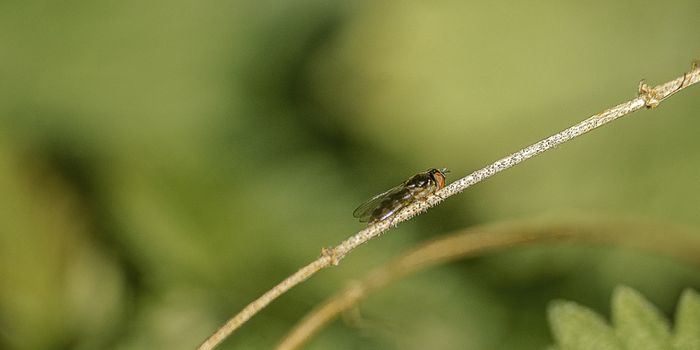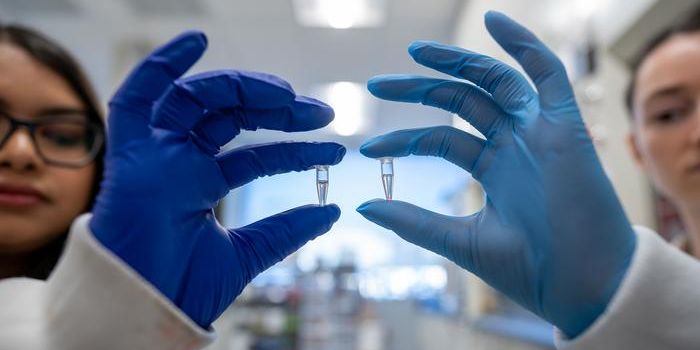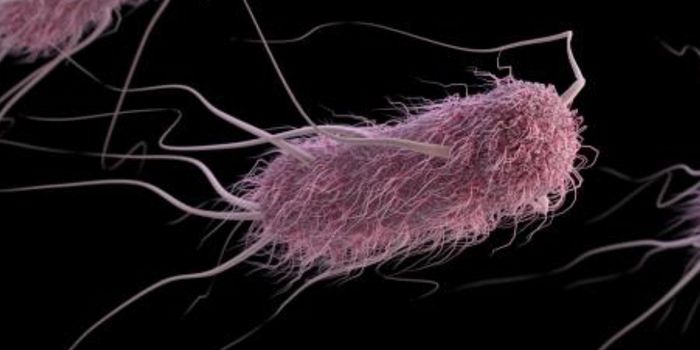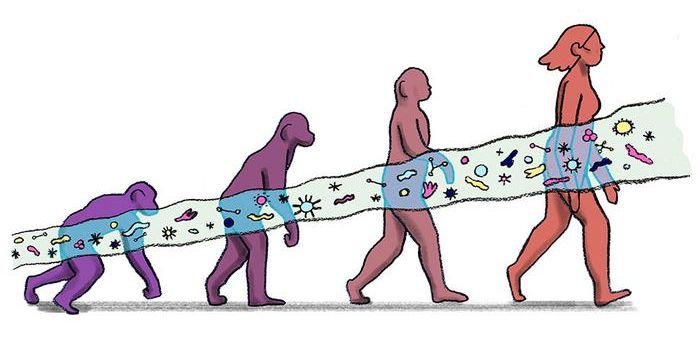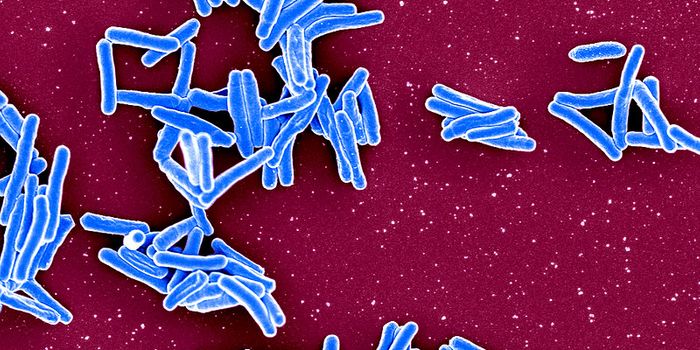Raccoon Dogs May be the Animal Origin of SARS-CoV-2
Genetic data has been revealed that has shown that animals at a Wuhan, China Huanan Seafood Wholesale Market were mingling very closely with the virus that causes COVID-19, SARS-CoV-2. While this evidence is not conclusive that these animals were the original hosts of the virus, such evidence may never be available. It also adds weight to the theory that this virus emerged from that wet market to infect humans and cause a worldwide pandemic, and detracts from individuals and groups who have suggested that the virus came from a lab leak.
"These data do not provide a definitive answer to how the pandemic began, but every piece of data is important to moving us closer to that answer," said World Health Organization Director-General Tedros Adhanom Ghebreyesus.
The World Health Organization is still criticizing China for not sharing this data sooner. China has maintained that they have had nothing to do with the emergence of the virus - lab leak, wet market, or otherwise. Their claim flies in the face of a wealth of data that has identified the Wuhan wet market as the epicenter of the initial infections that went on to spark the COVID-19 pandemic.
The genetic sequences that have recently been analyzed were identified by French researcher Florence Débarre, an evolutionary biology expert who works at the French national research agency CNRS. This data was found on GISAID, a virology database, after Chinese researchers shared it. The data originally came from environmental samples collected at the Wuhan Huanan Seafood Wholesale Market. GISAID has already removed the sequences at the request of the submitter.
The Atlantic has reported that the analysis of the genetic data is being led by researchers Kristian Andersen, Edward Holmes, and Michael Worobey.
The genetic data indicated that some samples that carry SARS-CoV-2 came from a stall that also tested positive for raccoon dog genes; this suggests that raccoon dogs being sold at the market were carrying the virus. A single swab carried raccoon dog and SARS-CoV-2 genetic material, which could indicate that an animal was carrying and shedding the virus. But we cannot go back in time and test the animals, so we cannot know for sure.
"There's a good chance that the animals that deposited that DNA also deposited the virus," said University of Utah virologist Stephen Goldstein, who helped analyze the data. "If you were to go and do environmental sampling in the aftermath of a zoonotic spillover event … this is basically exactly what you would expect to find."
Since this data is not a smoking gun, it's not likely to convince everyone, and we may never have access to enough evidence. It's also not unusual for a known zoonotic virus to have mysterious origins; for example, although fruit bats are the likely culprit, researchers are still searching for the definitive animal host of Ebolavirus.
“You can’t observe the zoonotic transmission of a novel virus from animals to humans. We’re just never going to get that level of data,” Joel Wertheim, an evolutionary biologist at the University of California, San Diego told Science.
This is simply more evidence to add to a theory, and the search for a live animal host will continue.
Sources: The Associated Press, Science



